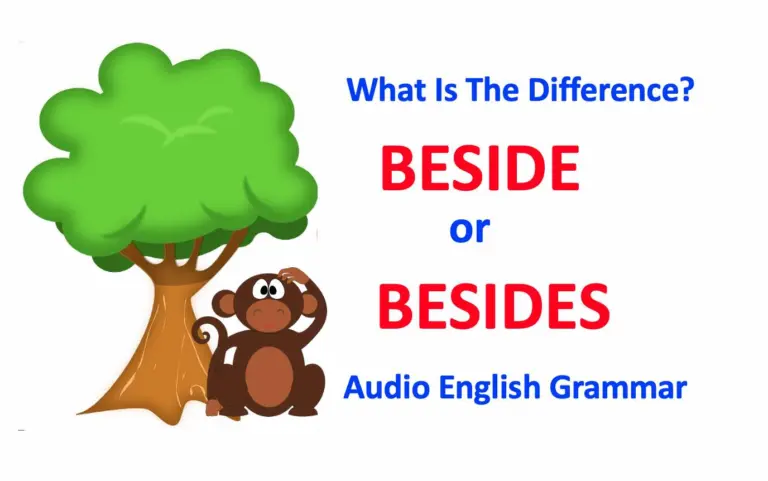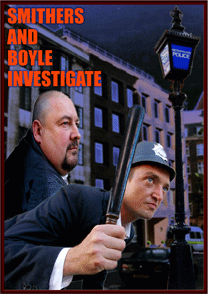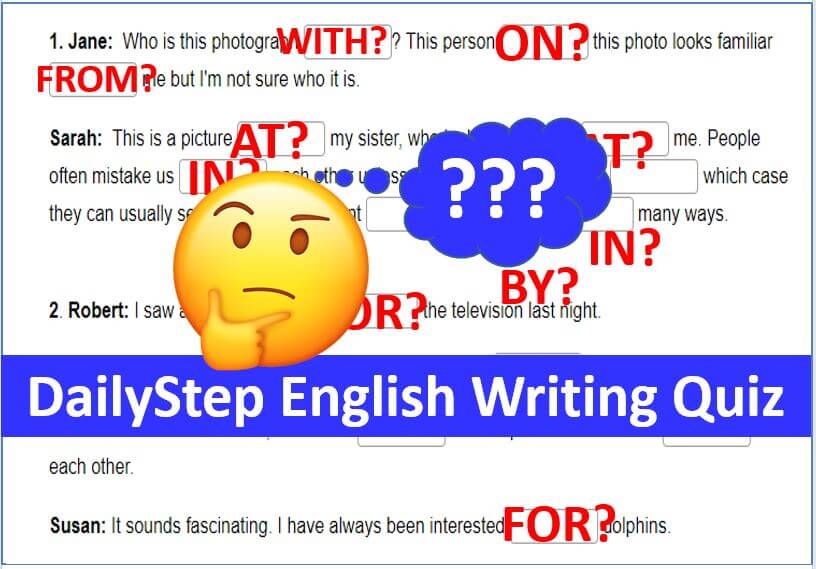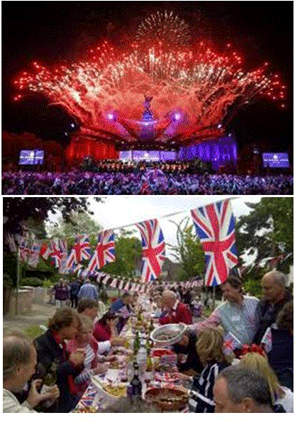Uncountable Nouns in English Grammar

What is an uncountable noun and how can we use them correctly in English?
Learning the difference between countable and uncountable nouns is essential if you want to speak and write English correctly, and also avoid misunderstanding people when you are listening to English.
If you are new to DailyStep English – welcome 🙂 Please sign up here for more free Audio Lessons.
Uncountable Nouns
by Jane Lawson at DailyStep.com
.
Today I’m going to teach you about uncountable nouns.
Uncountable nouns are often materials, substances or concepts that cannot be divided into separate elements.
They cannot be counted as individual things. For example, we can’t count water. We can count glasses of water, or bottles of water. But water itself cannot be counted.
.
Some examples of uncountable nouns are:
Bread, meat, water, oil, sugar, rice
Electricity, gas, energy, money, rain, weather
Joy, peace, love, music, art, literature
Information, research, advice, news, help
Air, water, fire, metal, wood, light
.
Here are some rules about uncountable nouns:
1. Uncountable nouns are singular, because we cannot count more than one of them.
.
Examples:
This music sounds beautiful. (note: we cannot say ‘These musics sound beautiful’.)
That information is very important. (note: we cannot say ‘Those informations are very important’.)..
..
2. Uncountable nouns do not take the indefinite article (a /an).
.
It is incorrect to say ‘a rice’ or ‘a sand’, but we can use countable noun + of + uncountable noun.
Examples:
a grain of rice, a litre of oil, a piece of bread
a volt of electricity, a drop of rain, a bag of money
a piece of music, a piece of art, a sense of peace
an item of news, a bit of advice, a piece of research
a litre of water, a ray of light, a type of metal.
.
3. If we are talking about uncountable nouns in their general sense, without being specific, we do not use the definite article (the).
..
Examples:
I love music. (note: this means ‘I love all music’ or ‘I love music in general’.)
Electricity can be dangerous. (note: this means ‘All electricity can be dangerous’, or ‘In general, electricity can be dangerous’.)
Bread is often made from wheat. (note: this means ‘In general, bread is often made from wheat’. In this sentence, there are 2 uncountable nouns – bread and wheat.)
5. If we are talking about uncountable nouns in their specific sense, we can also use possessive adjectives (my, your, his, her, its, our, their), or a demonstrative adjective (this, that).
Examples:
My advice is to study English every day.
This wine is over 20 years old! (note: it is incorrect to say ‘Wine is over 20 years old’, because this would mean that all wine in the world is over 20 years old!)
Your tea is cold – shall I heat it up?.
.
6. We use some and any with uncountable nouns. We use any with questions and negative sentences. We use some with positive sentences.
.
Examples:.
Do you have any bread? (note: ‘Have you got…?’ and ‘Do you have…?’ mean the same thing.)
No, I haven’t got any bread. (note: we do not say ‘ I haven’t got some bread’.)
Is there any water in that bottle?
Yes, there is some water..
..
5. We use much, not many, with uncountable nouns. We usually use much for questions and negatives, and we use a lot of or a great deal of for positives.
.
Examples:
Have you got much luggage in your car? (note: we do not say ‘Have you got many luggage?’ However, it is correct to say ‘Have you got many bags?’, because we can count bags. Bags are countable.)
No, I have not got much luggage.
How much milk is there in the fridge? (note: we do not say ‘How many milk is there in the fridge?’)
There is a lot of milk in the fridge. There are four bottles of milk! (note: we can also say ‘There is a great deal of milk in the fridge. This is more formal than ‘a lot of milk’.).
.
6. We use a little and little with uncountable nouns.
..
Remember:
little = not much
A little = some
.
Examples:
There is little information about it in that book. (note: this means ‘There is not much information about it in that book.’)
I added a little sugar to my coffee. (note: this means ‘I added some sugar to my coffee.’).
Some nouns have both a countable meaning and an uncountable meaning! I will cover these in a future audio blog.
If you like this lesson, please share it. Thank you 🙂
If you enjoyed my Audio Blog, please share it. Thank you 🙂
How to speak English fluently and understand fast English
DailyStep English Audio Lessons are designed to help you learn to speak and understand English at the speed that we speak it.
No matter how good your English is, you need to be able to follow a fast conversation in order to participate.
DailyStep English courses are fully accredited and you can get an internationally-recognised certificate for your CV or resume.
How to use your lessons:
How to slow the audio:
How to Start Daily Audio Lessons
✔ Daily Audio Lessons + Premium Audio in my Blog Library
✔ Your lessons never expire – you can take them again any time
✔ Change your level any time
✔ 100% happy or your money back!





